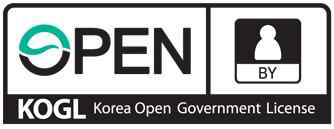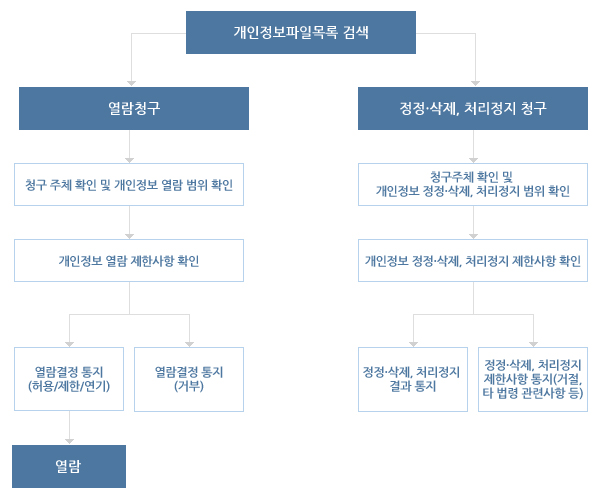Overview
Overview of Parliamentary Diplomacy
What is parliamentary diplomacy?
Parliamentary diplomacy is an instrument utilized by the National Assembly as the Republic of Korea’s legislative body. As the setting for exchanges among national institutions closest to the public’s sentiments, it can serve to promote mutual understanding and friendly cooperation between nations. The purpose of parliamentary diplomacy lies in its fostering of cooperation and exchange with the legislatures of other countries and garnering of international support on domestic and international issues. By enabling the utilization of Members’ personal networks, it can approach sensitive issues that may be difficult for the nation’s leader to handle or address officially. Parliamentary diplomacy, which traditionally promotes diversity, is gaining recognition as the scope of diplomacy expands beyond the traditional fields of security and trade to embrace the environment, cultural affairs, and human rights. It enables parliaments to exercise greater flexibility in communicating with their counterparts and inspires empathy and cooperation, thereby creating synergy with the government’s other diplomatic activities.
Who engages in parliamentary diplomacy?
The leadership (speaker and deputy speakers), inter-parliamentary groups, representatives of standing committees, representatives of specific issues, representatives of international conferences, as well as parliamentary unions and associations engage in parliamentary diplomacy activities. The 21st National Assembly operates 12 Parliamentary Diplomacy Forums, 115 Parliamentary Friendship Groups (21 for the Asia-Pacific region, 13 for the Middle East, 22 for the Americas, 17 for Africa, and 42 for Europe) and 1 Korea-China Regular Inter-Parliamentary Exchange. The parliamentary unions and associations include: the Korea-Japan Parliamentarians’ Union, the Korea Scout Parliamentary Association, the Korean Parliamentary League on Children, Population and Environment (CPE), the Parliamentary Union of the International Conference of Asian Political Parties, and the International Parliamentarians’ Coalition for North Korean Refugees and Human Rights (IPCNKR).
Parliamentary Diplomacy Activities
Visits by key foreign dignitaries
The National Assembly extends official invitations to parliamentary members and staff of foreign countries to visit Korea to promote mutual understanding and enhance the country’s image across diverse fields including politics, culture, and the economy.
Official visits by parliamentary leadership and members
National Assembly delegations visit other countries to expand the base for inter-parliamentary friendship and cooperation and actively address pending issues.
Participation in and hosting of international conferences
The National Assembly dispatches official delegations to major international conferences and hosts inter-parliamentary meetings to represent national interests and garner international support for Korea’s foreign policy, including the promotion of peace on the Korean Peninsula.
Parliamentary Diplomacy Process
For visits by key foreign dignitaries
Decision on whether to extend an invitation
- The National Assembly Speaker approves an invitation after considering parliamentary exchange history with the invited country, pending diplomatic issues, proposals by presidents of parliamentary friendship groups, etc.
Mailing of the invitation letter
-
After such an approval, invitation letters are sent out in the name of officials holding the equivalent positions as the invited foreign dignitaries
- Speaker and deputy speakers
- President of Standing Committee
- President of Parliamentary Friendship Group
Review and confirmation of invitation
- If the invitees want to visit Korea, the National Assembly shall accept their request within the budget. However, speakers, committee presidents, and parliamentary friendship group presidents of the same country are not invited in the same calendar year.
For official visits by parliamentary leadership and members
Decision on whether to visit a foreign country
-
The National Assembly Speaker approves a visit after considering the Assembly’s annual overseas visitation plan, the status of visits between the two countries, parliamentary exchange history, pending diplomatic issues, and proposals by Korean ambassadors in the counterpart country and/or presidents of parliamentary friendship groups.
Review of visit plan
-
Determination of detailed schedule and preparations
Report to the Speaker for approval of the visit
-
Parliamentary friendship groups ordinarily visit two nations – the destination country and a neighboring country. Following the visit, a follow-up report is prepared and a thank-you letter is sent to the counterpart country.
country and a neighboring country. Following the visit, a follow-up report is prepared and a thank-you letter is sent to the counterpart country.
For participation and hosting of international conferences
< To attend international conferences >
Decision on whether to attend an international conference
-
After receiving an invitation to an international conference, the National Assembly Speaker approves the plan to take part after considering the basic plan on parliamentary diplomatic activities, the importance of the conference, and the need for parliamentary exchange.
Preparation of a delegation
-
After organizing a delegation by reviewing proposals from floor leaders or nomination from the Speaker, preparations to attend the conference, such as registration, review of schedule, and logistical support for passports, visas, flight tickets and accommodations will be made.
Attendance and debriefing report
-
A debriefing report is written after attending the conference and completing all meetings and other sideline activities, and follow-up measures are taken.
< To hold international conferences >
Decision on whether to hold an international conference
-
The National Assembly Speaker approves the plan to hold an international conference after considering the characteristics of international conferences while recognizing the need to secure diplomatic support.
Preparation for hosting (sending invitations, etc.)
-
A decision about which countries will be invited is made by considering the interests of each country and diplomatic relationship. Next, detailed plans are prepared such as extending invitations, securing a venue, and providing protocol, registration, transport, and accommodations support.
Hosting and debriefing report
-
A debriefing report is written after the conference and all sideline activities are completed, and follow-up measures such as mailing thank-you letters are undertaken.


